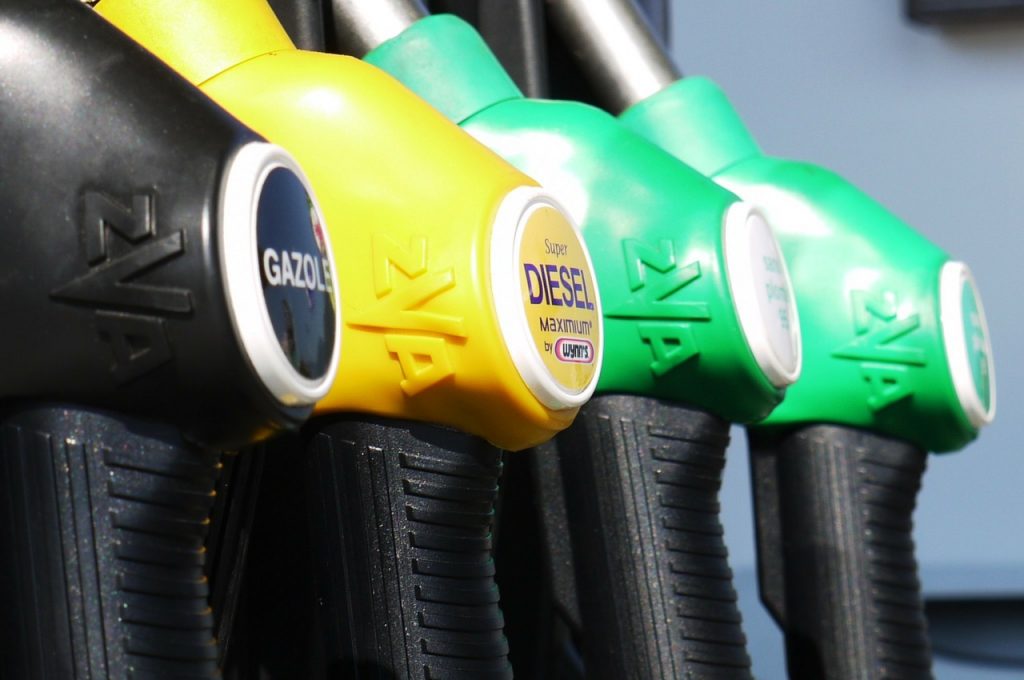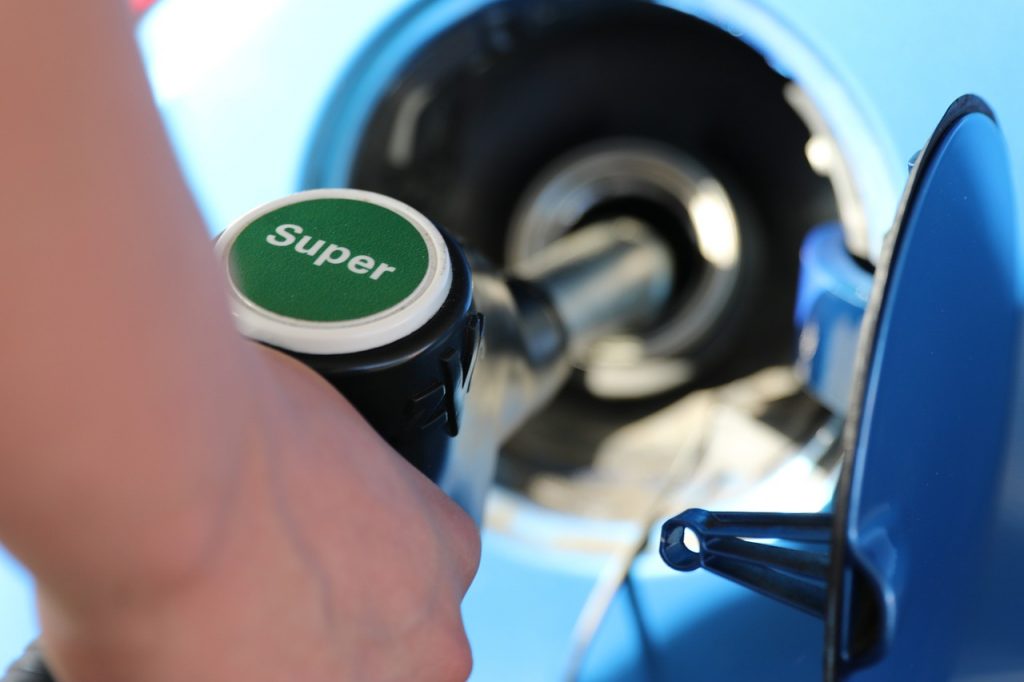Gas Just Got A Whole Lot Scarcer?
Not only will you have to pay more for gasoline, but in the coming months it could be a whole lot harder to come by.
This article is more than 2 years old

Russia is on the verge of a full-fledged financial crisis. Sanctions imposed by the West have driven the ruble to new lows, shut down Moscow’s stock exchange, and rendered Russian assets toxic on the global arena. The White House targeted Vladimir Putin’s financial fortress, blocking access to what it believes is a necessary portion of Russia’s $630 billion rainy-day reserve. The reserve was created to serve as a convenient and enhanced cushion to the economic impact of this very catastrophe. The key question now is how Putin, who is now facing Western sanctions on his own riches, will respond in what could be quickly developing into economic warfare.
Fears surrounding the crisis continue to spread and grow, particularly those concerning Putin’s possible reactions. Some fear that Putin will react and use both crude oil and natural gasoline as weaponry against the West. In a report released Monday, Louise Dickson explained that Russia’s energy supplies are very much at risk and what that meant. He said oil and gasoline were “being withheld by Russia as a weapon or swiped off the market due to sanctions.” Dickson is the senior oil market analyst at Rystad Energy.
Oil production was already falling short of demand around the world several months ago. If Russia, the world’s second-largest oil supplier, deliberately held back supply, oil prices will without a doubt go up. To learn more about the way oil prices impact the entire world and every sector, read Dropping Oil Prices Impact Economies Around the World.
It’s vital for people to understand that the US consumes very little Russian oil. Back in December, imports of oil from Russia averaged merely 90,000 barrels per day. However, it’s also crucial to know that we live in a global and intricately-interconnected economy. Supply shocks in one sector of the world can have a global impact on worldwide prices. This is much the same as what is seen in supply shocks on a micro-level. When supply shocks occur in one sector of a small town, they can have a county-wide, regional, or even statewide level effect.

To be clear, there is no indication that Russia is cutting off the world’s oil supply at this time. In a laser-focused effort to reduce market impact, the West has gone to great lengths to exempt Russia’s energy sector from sanctions. Putin has the option, and he very well may use it, to make a decision that oil and gasoline aren’t weaponry he wants to fire.
Natasha Kaneva, JPMorgan’s head of global commodities research, initially thought that the United State’s long-term relationship with Russia regarding oil and gasoline would stay strong and positive, but she is no longer so sure. Kaneva spoke with CNN last week about the two-hour phone call between Biden and Putin that took place on February 21. During the call, Biden laid out a laundry list of grievances with the West. Investors, according to the JPMorgan executive, will hopefully begin to grasp the potential risk that Putin will weaponize the oil supply.
Biden recently invited senators to an event to support the Ukrainian people’s brave stand. It was genuinely a bipartisan moment. During the event, Biden spoke of one very important lesson the American people have learned throughout history. When countries let other countries become dictators that don’t pay a price for unnecessary aggression, it leads to further disorder and chaos. Biden also discussed how the costs and threats to America grow larger when “bullies” don’t pay a price. For now, the whole world continues to watch as everyone pays a price, and in America, that price is currently being endured at the gasoline pumps.





